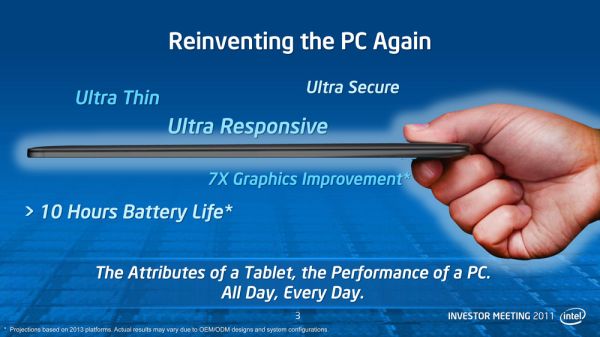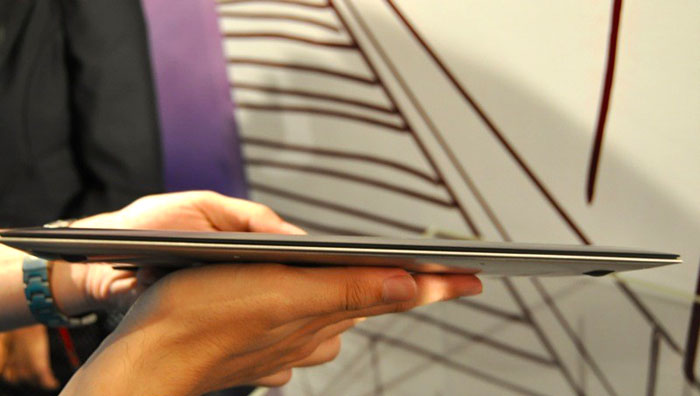Microsoft has released their 10th Security Intelligence Report showing some surprising developments on the threat landscape.
Perhaps the most surprising data point in the report is the extent to which phishing attacks have moved away from their traditional targets, principally PayPal. Social networking sites have moved from being the targets of 8.3% of phishing attacks in January 2010 to 84.5% in December. That's a pretty big shift.
The other major trends are the rise of adware and the continuing scourge of rogue anti-malware. While some end-user threats change over time, Microsoft says that botnets are still the "backbone" of cybercrime.
The SIR is collected by numerous Microsoft teams, from the Malicious Software Removal Tool to Microsoft's Forefront and Security Essentials anti-malware products, to the Smartscreen filter in Internet Explorer. They even add scanners to the Bing crawler to gather intelligence on threats on the web proactively. This 10th edition of the semi-annual report vastly expands the international data covered. It includes country-specific data for 117 different countries.
Much of what is in the report is in line with established trends. Newer versions of Windows show lower infection rates than older ones, and 64-bit versions lower than 32-bit versions. With the fast growth of Windows 7 and the 64-bit version in particular, this bodes well for the future.
The long-term trend of a drop in disclosed vulnerabilities, as measured by CVEs, also continues, with other vendors dropping in particular.
Finally, the addition to the top 10 threat list of 2 Java Virtual Machine vulnerabilities, and old ones at that, confirms other reports that Java has become the #1 target of exploit writers.
Microsoft's top 10 list includes (click for a larger image):
The top 2 threats are web-based adware threats. JS/Pornpop is JavaScript that displays pop-under advertisements in users' web browsers, usually containing "adult content" (i.e. porn). 11.5% of affected computers were affected by this one, and it has a major presence internationally. Win32/ClickPotato monitors the user's browsing habits and displays pop-up and notification-style advertisements based on them.
The report also includes advice for end-users and enterprises to respond to the threat, using a series of best practices.













1 comments:
I am using AVG anti virus for a couple of years, I would recommend this product to all of you.
Post a Comment